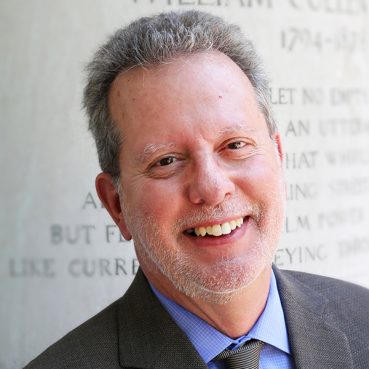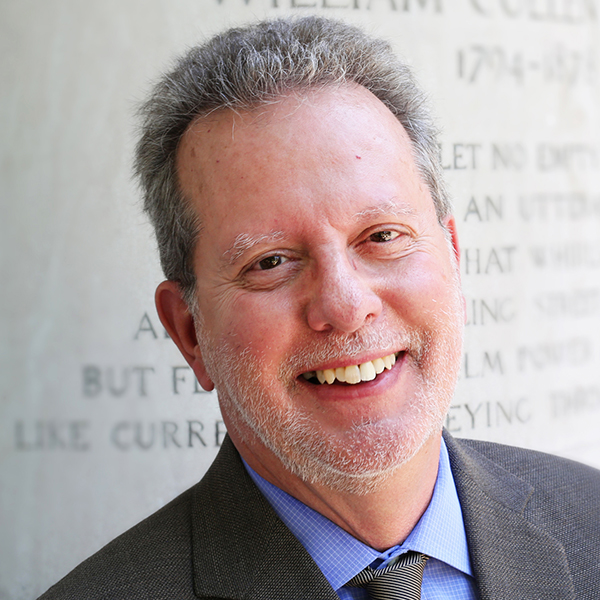(RNS) After 50 years of decline, mainline denominations are reinventing themselves, or at least “re-imagining” what the church might look like, as an Episcopal Church task force calls it.
What can the “central office” do to stem the ebbing tide? What can national conventions and agencies do?
The answer is: precious little.
In an earnest 3,000-word letter to the church, the Episcopal task force acknowledged that “innovation and adaptation” are already under way at local levels, where the church’s fortunes actually are shaped. “With or without” action by churchwide bodies, the new is breaking in.
The report is well-written, cogently argued, filled with fresh language and insights formed in wide-open discussion. This isn’t an old guard restating its longtime purpose.
But the task force clearly has limited its focus to what changes are necessary at the national church level. To me, that seems a bit like redecorating and recalibrating the home office of a company in which the home office plays a minor role.
Mainline denominations are down more than 42 percent from their peak in 1965, and two-thirds below the level they could have been if they had simply kept growing with the population.
The visioning that needs to happen will be at the local level, where congregations are still too inward-focused and tend to fuss about internal concerns because they are easier to address.
The home office can exert some leverage in local visioning, but that will require more than actions to clarify how decisions are made at the churchwide level.
Rather than “rearrange the deck chairs,” the task force could look boldly at what isn’t working: Sunday worship, large facilities and an inward focus.
From what I read, other denominations face the same dilemma: National offices and agencies have little to do with church health. The future won’t be secured with national rules and procedures, convention resolutions, different approaches to ordination, or modernizing decision-making and communications at a home office in New York, Louisville or Cleveland.
The Episcopal report talks about changing “the church’s operating paradigm” to a “network-based model,” as opposed to a top-down directive model. All well and good, but not nearly enough. Local congregations are still doing mission and ministry in ways that don’t work but are difficult to change.
Sunday worship, for example, hasn’t been a growth engine for decades and now isn’t even a survival strategy. Even though it’s the thing most mainline congregations do best, Sunday worship fails to reach younger populations and fails to retain the interest of older populations. Audience-style religion fails to transform lives.
Facilities, for another example, aren’t just expensive. The building designed for weekly worship fails to engage anyone outside the shrinking band of Sunday worshippers. Even the idea of a central location for community life misfires in an age of fragmentation. People connect with peers in smaller settings or self-determining networks. Facilities built for en-masse-style gatherings are no longer relevant.

Tom Ehrich is a writer, church consultant and Episcopal priest based in New York. He is the president of Morning Walk Media and publisher of Fresh Day online magazine. His website is www.morningwalkmedia.com. Follow Tom on Twitter @tomehrich.
Congregations that could be facing outward and grappling with the mounting woes of a society in free fall do the opposite: They face inward, with occasional sorties into mission. They pick symbolic battles, but don’t convincingly send members out to make the world better.
Changing these three paradigms (Sunday worship, large facilities, inward focus) would be enormous work for a historic church. The national church might have a useful role to play in that change. But rearranging offices in a Manhattan office tower won’t do.
(Tom Ehrich is a writer, church consultant and Episcopal priest based in New York. He is the president of Morning Walk Media and publisher of Fresh Day online magazine. His website is www.morningwalkmedia.com. Follow Tom on Twitter @tomehrich.)
YS/MG END EHRICH





